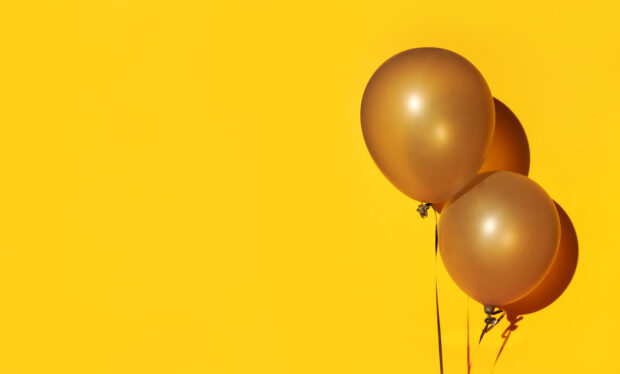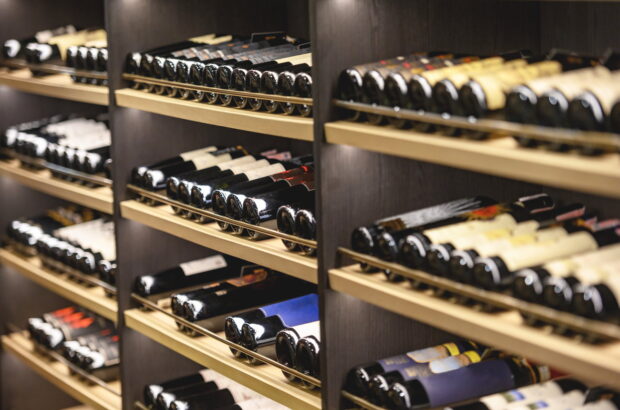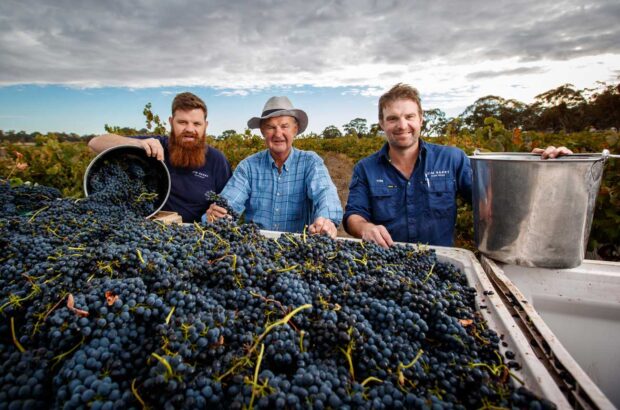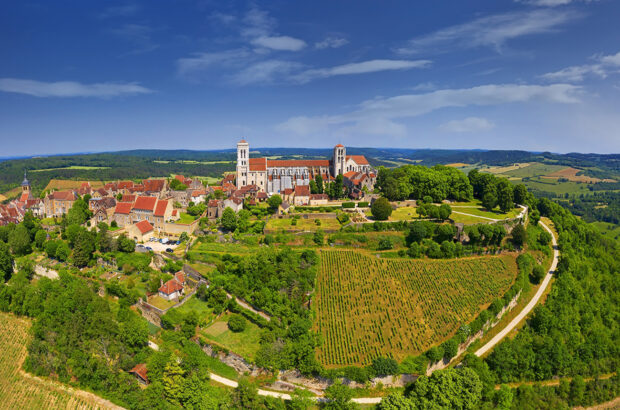Is social media turning us all into 'label drinkers'?
Hands up, label drinkers… I don’t see many hands. Decanter readers, of course, know better than that. We’re sniffing out value, surprise, intrigue. There we are, at the end of the tasting, still scribbling notes on that Bulgarian Aligoté, trying to find the key words to help us distinguish Sauvignon Vert from Sauvignon Blanc, scanning auction catalogues for consignments of ancient Colares.
But wait: are label drinkers maligned? I don’t know anyone who’d turn down a bottle of Cheval Blanc if offered, or a glass of Roederer Cristal. The classic label drinker is, surely, someone with more money than experience: hardly a crime. Beginning with ‘the best’ in order to put it to the test is a sensible strategy, provided it is done with an open mind.
‘The label drinker is someone with more money than experience’
That was the spirit in which, as a 19-year-old nursing assistant, I spent a week’s wages on a bottle of Lafite 1971, specially ordered for me by my local branch of Peter Dominic, in 1975. Just to see. (I can report that this label drinker recalls a sense of bemused disappointment when I eventually drank it a year or two later.)
Facebook, Instagram and Twitter have, of late, given a new twist to the notion of ‘the label drinker’. Many of my wine friends and acquaintances post an almost unbroken stream of bottle shots, often accompanied by terse, ecstatic eulogies. They leave me feeling inadequate and inexperienced. Wow, these folks are hoofing their way through cellarfuls of fine wine! All I can manage (except on special occasions) is a set of honourable if modest purchases which won’t set jaws dropping, even were I disposed to take ‘my story’ in that direction.
Social media, you could argue, is making us all into label drinkers. It’s the image that counts on social media, and the label is the image. A more general truth of the Facebook and Twitter age, moreover, is that users seem compelled to boast and self-promote, as everyone struggles to keep up their quota of ‘Yey!’ moments. The things that I’d really like to learn from social media, snapshots from a quieter personal hinterland, are missing.
The problem of label drinking, in fact, is not the seeking out of top labels – which we all want to do once in a while – but the pursuit of those labels as a status-enhancing end in itself, rather than the means to an experience which might expand the horizons of our wine world. It was hard not to think of poor Portuguese footballer Cristiano Ronaldo in this context, forking out £18,000 for a bottle of Richebourg grand cru (DRC, presumably) and £9,000 for a bottle of Petrus 1982, drinking a desultory glass-and-a-bit with his mates over 15 minutes at the bar in Scott’s restaurant in London last November, then clearing off to watch a tennis match at The O2 Arena, leaving the wine unfinished.
Perhaps I shouldn’t make the point I’m about to, since taking part in competitive tastings is an essential part of every wine writer’s work – but I’ll press on anyway, since the debate is worth having. Meaningless label drinking, Ronaldo-style, is the consequence of the over-emphasis in the wine world on ‘the best’ rather than ‘the different’. The more we pile tasting on competitive tasting, and the larger our mountain of notes and scores, then the more ‘best-obsessed’ we become – and the further we move away from that kind of understanding and enjoyment which makes for the profound pleasure of wine.
Of course I won’t turn down a glass of Cheval Blanc, but I can think of many occasions when I’ve enjoyed modest wines much more intensely than so-called great ones. You don’t have to be standing in the Grand Canyon to experience the wonder of nature. That intensity of experience is born of understanding and of revelation, and the axis on which understanding and revelation turn in the wine world is carefully noted difference.
By comparison, the pursuit of ‘the best’ is the borrowing of someone else’s experience, and largely meaningless unless you invest personal effort and emotion in the quest. Which Ronaldo, I suspect, didn’t.












